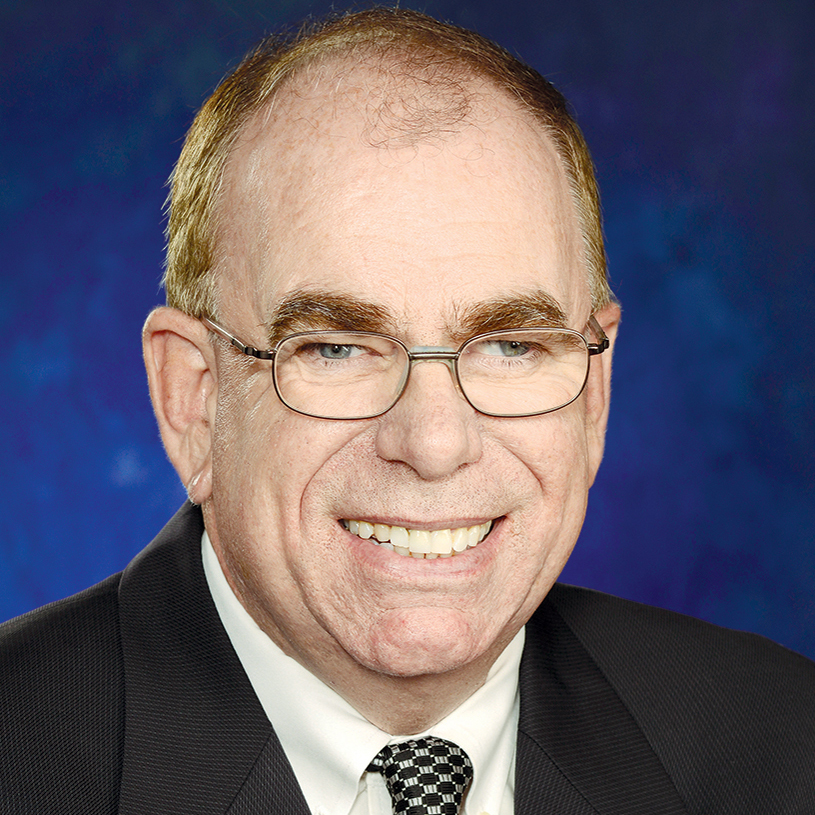
It might be said the state of Louisiana just showed senior living operators how to embrace the future. Or to be more accurate, how not to.
On Tuesday, health officials terminated operating licenses for seven nursing homes operated by Bob Dean. The revocations occurred after seven residents died after being evacuated to warehouses (and the reportedly squalid conditions contained therein).
Mr. Dean, a politically connected man whose buildings are no strangers to noncompliance citations, would seem to deserve such quick justice. And if Louisiana’s prosecutors are nearly as zealous as its health officials, his real troubles may just be getting started.
Clearly, there is nothing to celebrate here. Seven people who should be alive are dead. That is a tragedy.
And although most nursing home operators worked overtime to protect residents and staff during Hurricane Ida, you just know where the media coverage will focus: On the lousy state of nursing home care.
Public hearings will follow, and perhaps new, more restrictive rules and regulations will be tacked on. As if more of the same will deliver an epiphany to badly run facilities.
The truth is that there already are plenty of rules and regulations covering nursing homes. Most of these mandates address health and safety matters. Yet the industry’s troubles persist, year after year. Now why would that be?
There surely is more than one explanation. Probably the most obvious is that requirements for public payments are vulnerable to fraud, abuse and creative interpretation. Temptation isn’t one of the Seven Deadly Sins, but it might as well be.
I’d be remiss not to mention another notable issue at play here: the sector’s unwillingness and/or inability to police itself. There are reasons for this condition as well, given that the nursing home industry’s petitioners rely on dues to remain solvent. In some respects, its hands are tied. Largely as a result, the idea of self-policing in skilled care never has received serious attention. Which, all things considered, helps explain why so many nursing homes seem to keep finding trouble.
The senior living sector risks falling into a similar quagmire. But it doesn’t have to.
Argentum’s national conference begins next week in Phoenix. Given the timing and what just transpired in New Orleans, this would be a great time and place to hold a town hall meeting along the lines of “We can and must do better.”
The session could focus on ways to make sure senior living avoids becoming an industry that is known for little more than being a warehouse for the elderly, run by shoddy operators. For rightly or wrongly, that is exactly the reputation nursing homes currently enjoy. At least, among the many people not benefitting from it.
My guess is that if such a town hall meeting were to take place (or is held on a smaller scale among some key industry leaders), several possible recommendations might emerge. They could include actions such as beefing up lobbying, paying workers more, offering more education for leaders, developing standardized caregiving practices, and so on. Those are all fine, as far as they go.
But those alone do not go far enough. If senior living wants to avoid the poor reputation so prevalent across skilled care, it must get serious about keeping its house in order. Before it’s too late.
The most obvious way to do this is a two-step approach. The first is to establish membership in Argentum as a requirement for any respectable senior living community.
The second and far more important task is to develop minimum membership standards that truly hold operators accountable. Not goody two shoes, PR-inspired drivel that does nothing to actually ensure good behavior.
I’m thinking more along the lines of rules such as: “Do “X” and you lose your Argentum membership.” Increase that “X” by about 10 items and you’ll have some meaningful guidance.
Let’s face it, senior living operators increasingly are dipping into Medicaid funding and are offering more services that were once the exclusive domain of nursing homes. Although those developments are not bad on their own merits, they do increase the risk more senior living operators will start to slide, especially as more buildings and scruples-challenged owners enter the fray.
Put some much-needed accountability in place now, and this industry will spend far less time defending misdeeds later.

